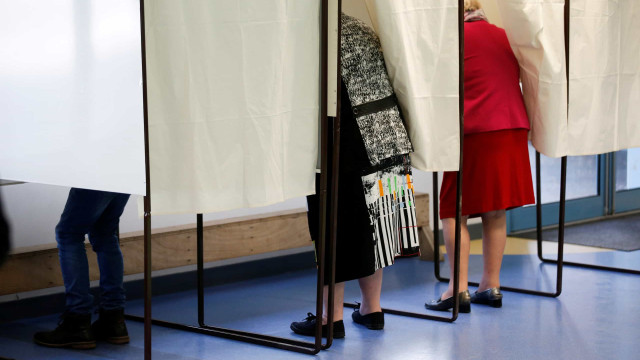
Various economists, including Nobel laureates Joseph Stiglitz and Daron Acemoglu, have warned this week of the risk of a “collapse of public interest journalism” worldwide, following a meeting of the Forum on Information and Democracy in France.
In response to a request for comment, the SJ asserted that “public funding of journalism is not a foe, but rather an obligation of public authorities in times of misinformation, fake news, and fabricated narratives that spread on social media like wildfire.”
The union structure noted that public funding already exists in countries like the Netherlands, Sweden, or Norway and highlighted that it is essential for governments and politicians to understand that supporting journalism “is to build a more just, equitable, and democratic society.”
The union also emphasized the importance of demystifying populist discourses suggesting that journalists can be bought because the state supports the sector.
For SJ, a “journalism dependent on financial, economic, or potentially obscure interests” is more dangerous, underscoring that economically frail media organizations are easier prey for all kinds of interests.
“Moreover, who can blame the demotivation of someone earning the minimum wage with a degree or master’s degree, in a physically and mentally demanding profession, which is highly regulated and implies great social responsibility? Low salaries and lack of working conditions are the greatest threat to journalists,” it added.
The union further stated that the explosion of Artificial Intelligence (AI) has further weakened journalism, making it imperative for governments and the European Union to compensate the media and create financial support mechanisms for companies to adapt.
However, it insisted that AI is merely a tool for journalists to perform better work and not to replace them.
“We have few journalists, few newspapers, few magazines, few information radios. We need more journalists, more media outlets, more plurality and diversity, both in the media and among the journalists who create them,” it emphasized.
SJ also mentioned that current regulation is insufficient to protect the sector and that all journalism is in the public interest.
In this regard, it proposed to the government last year the creation of an advertising campaign to demonstrate the importance of journalism to democracy.
In a joint declaration, the economists warned that access to reliable information is the key resource fueling the 21st-century economy, just as it relied “on steam or coal” for industrial development in the past.
For the economists who signed the document, including Philippe Aghion, Tim Besley, Diane Coyle, and Francesca Brian, information is essential in the future economy, driven by Artificial Intelligence.
The document also points out that media organizations have been affected by financial difficulties due to the “increasingly unfair” competition from large tech companies and digital platforms.
The economists call on public authorities to invest in free and independent journalism through direct or indirect subsidies.




